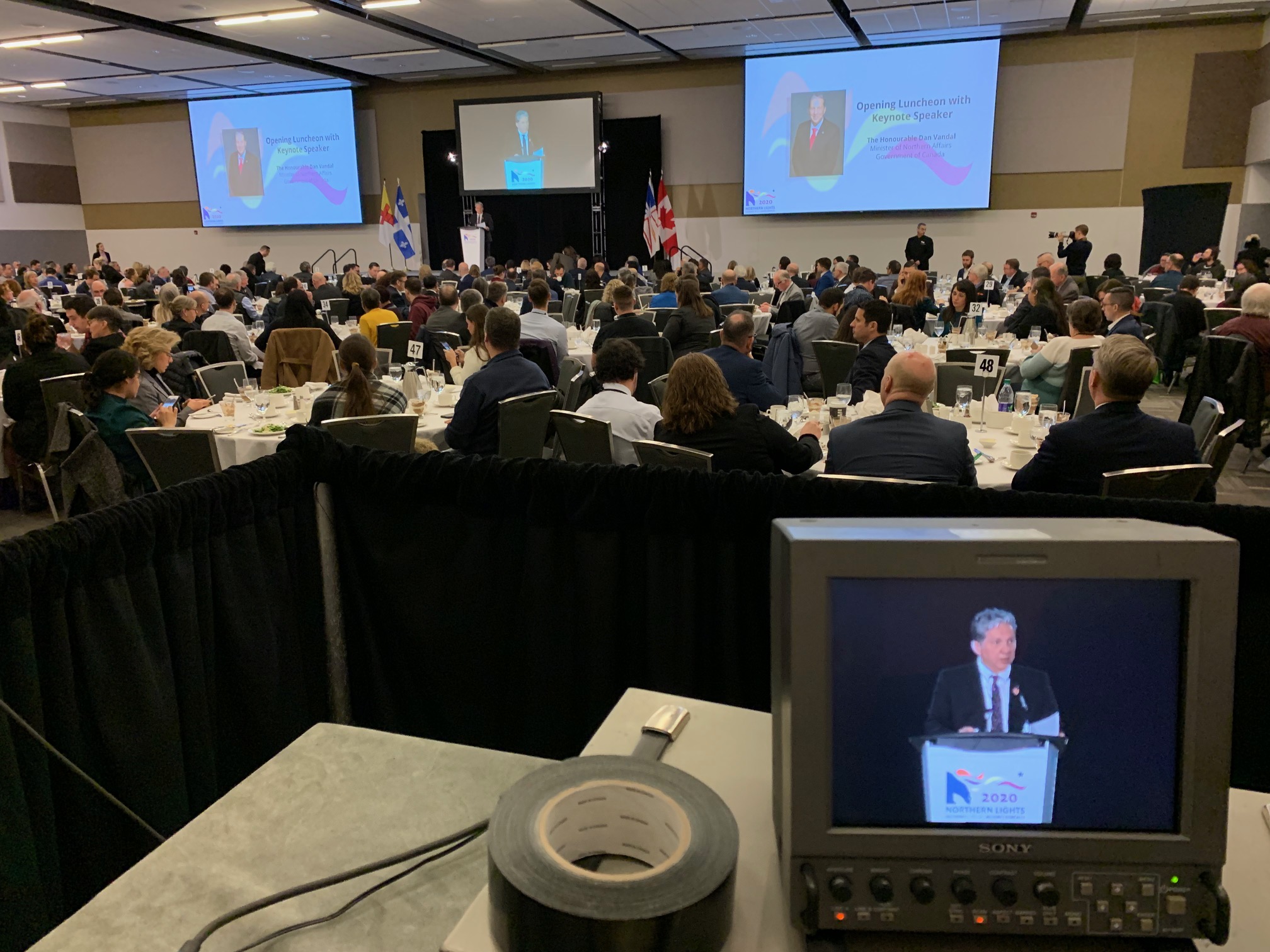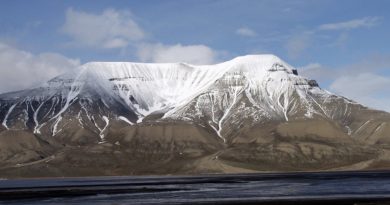Canada at “pivotal” moment when it comes to Arctic, says minister of Northern Affairs

Canada is at a pivotal moment when it comes to the Arctic and must ensure economic opportunities will benefit northerners and their communities, Dan Vandal, the federal minister of Northern Affairs told an Ottawa conference on Wednesday.
“We are at a pivotal time in Canada, where Canada has the opportunity, as well as the moral responsibility, to strengthen Arctic and northern communities,” Vandal said in keynote speech at Northern Lights, an Arctic business and culture conference held annually.
“We need to make the most of emerging economic opportunities while ensuring that northerners are full participants and the beneficiaries of growth.”
Vandal spent a portion of his address talking up Canada’s Arctic and Northern Policy Framework, a policy co-developed over two years with Indigenous governments, the northern territories and certain provinces and other stakeholders and released just before the 2019 federal election. Although many praised the inclusiveness of the process, some experts said the final product was short on specifics that would lead to concrete progress on northern files.
But on Wednesday, Vandal said the policy would be an important tool towards northern and economic development.
“This year, we will move from co-development to co-implementation, establishing government mechanisms and implementation plans to bring the framework’s priorities to life,” he said.
Devolution in Canada’s eastern Arctic territory of Nunavut
Vandal also pointed to the 2019 Nunavut devolution agreement-in-principle signed between the territory, the federal government and Nunavut Tunngavik Incorporated, which represents Inuit in Nunavut, as an important step towards economic development in the North. Implementation will be done over five years.
“The government and the people of Nunavut will soon make all the decisions about and take greater control over the territory’s lands and the territory’s resources. That is how it should be, putting the decision making in the hands of those who live there,” Vandal said to applause from a crowd of approximately 1200 that included Nunavut Premier Joe Savikataaq and leaders of Inuit organizations from across Canada.
Northern Lights is taking place at Ottawa’s Shaw Centre and runs until February 8.
Write to Eilís Quinn at eilis.quinn(at)cbc.ca
Related stories from around the North:
Canada: Circumpolar partnerships will be increasingly important for Canada’s North, Ottawa Arctic conference hears, Eye on the Arctic
Finland: The Arctic Railway – Building a future or destroying a culture? Eye on the Arctic
Norway: Novatek touts Arctic LNG projects at Norwegian conference, declines media questions, The Independent Barents Observer
Russia: Inuit from Alaska, Canada, Greenland & Russia condemn U.S. torpedoing of Arctic Council declaration, Eye on the Arctic
Sweden: Indigenous reindeer herders request emergency aid after drought, wildfires ravage Sweden, Eye on the Arctic
United States: Bill to protect ANWR passes early hurdle in Washington, CBC News



